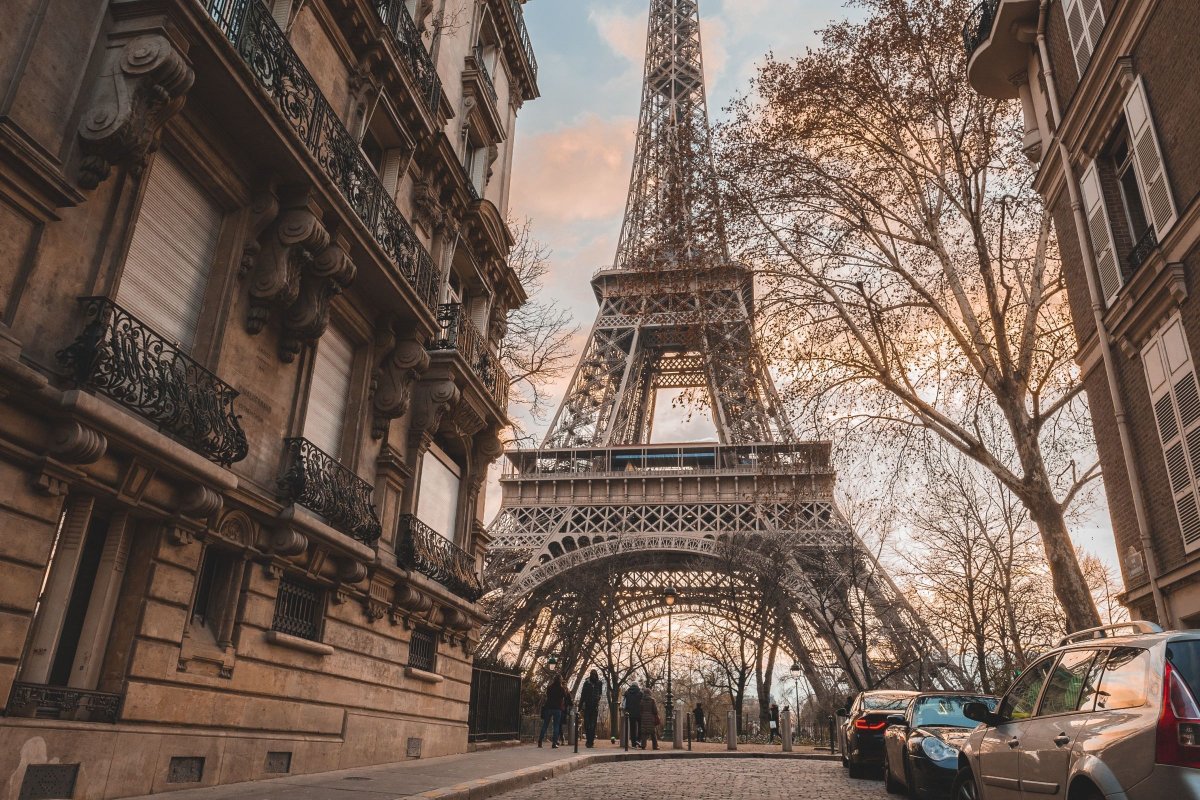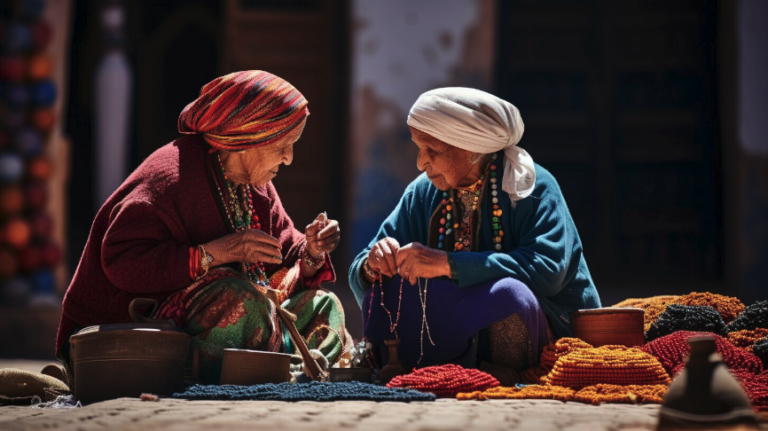I. Introduction:
The Moroccan diaspora in France consists of the immigrants and their descendants who originated from Morocco. Most immigrated to France during the mid-to-late 20th century, often as part of larger waves of migration. This article will focus on discussing the challenges faced by Moroccans living in France, as well as strategies they have employed to adapt and build successful lives for themselves in the host country.
A. Background on the Moroccan Diaspora in France:
The first wave of Moroccan migrants to France began arriving in the 1950s, largely due to French colonial policies that encouraged migration from former colonies. Since that time, hundreds of thousands of Moroccans have made France their home. They are the second-largest group of immigrants from a predominantly Muslim country, making up about 10% of France’s total immigrant population.
B. Reasons for Migration:
The reasons behind Moroccan migration to France vary greatly and include both push and pull factors. Commonly cited push factors are political instability, poverty, and lack of economic opportunities in Morocco. Pull factors include France’s strong economy, access to higher education and other social services, as well as the presence of an established Moroccan diaspora community in the country.
C. Statistics and Trends of Moroccan Migration to France:
According to the French government’s immigration statistics, there are currently over 1.5 million Moroccan immigrants living in France, making them the second-largest foreign-born population in the country. The majority of Moroccans live in urban areas, and their numbers have grown substantially since 1999 due to a combination of immigration and natural increase.
II. Challenges Faced by Moroccans in France:
Moroccans living in France face a number of challenges, ranging from discrimination and social exclusion to language barriers and lack of employment opportunities.
A. Discrimination and Social Exclusion:
Moroccans in France are often subject to discrimination based on their nationality, race, or religion. This can manifest itself in a variety of ways, from being denied housing or jobs to receiving harsh treatment from police.
B. Language Barriers:
Language is one of the major barriers for Moroccans living in France, as many do not speak French fluently or have difficulty understanding the cultural norms and customs in their new home country. This can limit their ability to access job opportunities and educational advancement.
C. Lack of Employment Opportunities:
Moroccans in France often struggle to find employment due to a combination of language barriers, lack of qualifications, and discrimination from employers. This can lead to economic insecurity and social exclusion for many Moroccan immigrants.
D. Racial Profiling:
Moroccan immigrants in France are often subject to racial profiling by police, which can lead to feelings of insecurity and distrust. This is especially true for those living in rural areas or poorer neighborhoods.
III. Strategies Used by Moroccans Living in France:
Despite the challenges they face, Moroccan immigrants have found ways to adapt to their new home and build successful lives for themselves.
A. Education:
Education is a key factor in the success of Moroccans living in France, as it provides them with language skills and access to job opportunities that would otherwise be out of reach. Many Moroccan immigrants have pursued higher education and attained degrees from French universities, which has allowed them to secure better jobs and advance their careers.
B. Social Networking:
Moroccans in France have also utilized social networks to build connections with other immigrants and form support systems for themselves. This can be in the form of professional associations, cultural organizations, or even religious groups. These networks provide a sense of community and can lead to better job opportunities or other forms of social support.
C. Civic Engagement:
Moroccan immigrants in France have also become involved in politics and civic life, advocating for the rights of their communities and working to bridge cultural gaps between French citizens and immigrants. This has helped to improve the reputation of Moroccans and create a more welcoming environment for immigrants in the country.
IV. Conclusion:
Moroccan immigration to France has provided many opportunities for Moroccan immigrants to build successful lives for themselves, despite the challenges they face. Through education, social networking, and civic engagement, Moroccans have been able to adapt to their new home and make meaningful contributions to French society. With continued support from the government, Moroccan immigrants in France will be able to continue building better lives for themselves and contributing to their communities.
The success of Morocco’s immigrant population in France has been a testament to the strength, resilience, and ambition of these individuals. As they continue to overcome discrimination, language barriers, and lack of employment opportunities, they serve as an inspiration to all immigrants striving for a better future.
Despite the challenges faced by Moroccans in France, their strength and ambition demonstrate that with the right tools and support, even immigrants from different cultures can build successful lives for themselves.
It is important to note that Moroccan immigration to France has been beneficial for both countries. Moroccans bring valuable skills, knowledge and culture to their new home country, while France has benefited from increased labor and investment opportunities. With continued support from the government, Moroccan immigrants in France can continue to build better lives for themselves and contribute to their communities.

The Editorial Team is a passionate group of Morocco enthusiasts dedicated to sharing the beauty, culture, and wonders of this captivating country. With diverse backgrounds and a deep love for travel, we strive to bring you engaging and informative content that inspires your Moroccan adventures. From uncovering hidden gems and sharing local insights to exploring mouthwatering cuisine and showcasing the vibrant lifestyle, our team is committed to providing you with valuable resources and exciting stories that enhance your exploration of Morocco. Join us on this journey as we celebrate the rich heritage and unforgettable experiences that make Morocco truly special.



